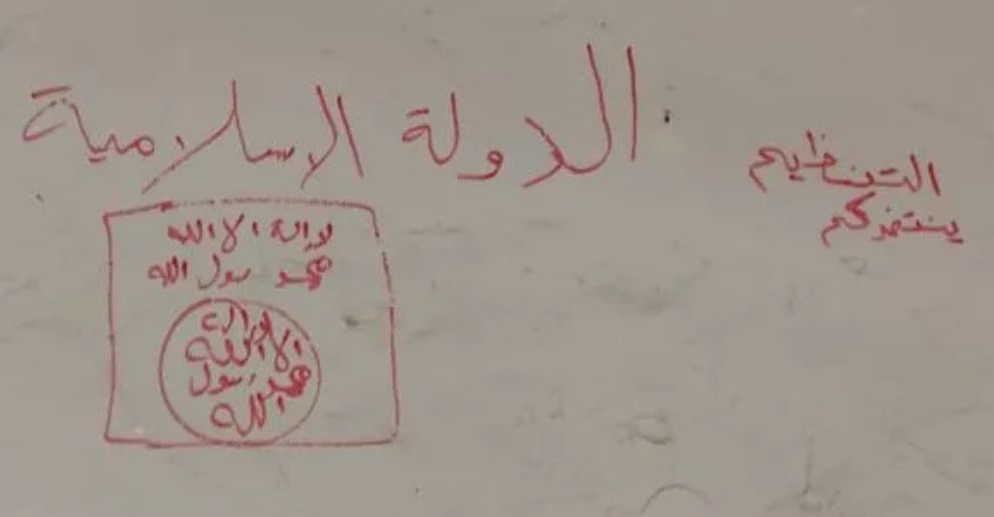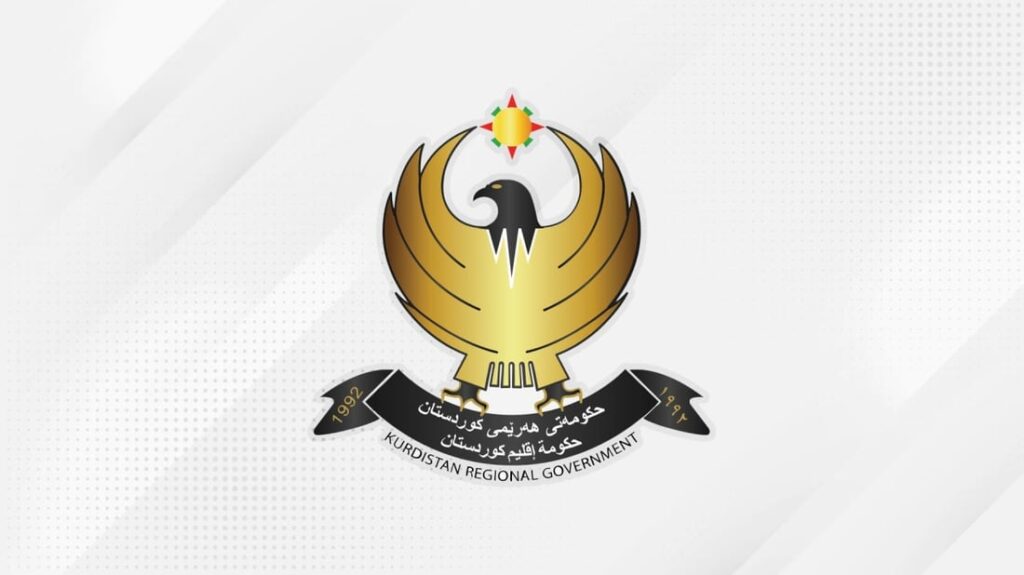UN Iraq envoy recounts Saddam Hussein’s crimes against Kurds

ERBIL (Kurdistan 24) – In a briefing to the United Nations Security Council on Tuesday, Jeanine Hennis-Plasschaert, Head of the UN Assistance Mission in Iraq (UNAMI), underlined the importance of Saddam Hussein’s past crimes against the Kurdish people.
Hennis-Plasschaert recounted her April visit alongside Iraqi President Barham Salih to a mass grave of Kurds killed by the Ba’ath regime in southern Iraq.
“This burial site is a stark reminder of Saddam Hussein’s horrific crimes against many people, his own people, in this case, the Kurdish people,” she told the Council.
The Special Representative described the visit as “a deeply moving experience,” and underlined that “Iraq’s violent and lawless past still impacts its present.”
The grave in the Samawah desert contains the remains of dozens of Kurds who were killed under the former Iraqi dictatorship regime. Around 180,000 Kurds were killed in Hussein’s genocidal Anfal campaign in the late 1980s.
Hennis-Plasschaert noted that past crimes against the Iraqi people also make clear “how extraordinary Iraq’s transition is in this twenty-first century: from dictatorship to democracy.”
“And yes, to truly take root democracy needs time, lots of time and lots of hard work.”
Erbil-Baghdad Relations
On ties between the Kurdistan Regional Government (KRG) and the Federal Government of Iraq, the UN Special Representative underscored the need for Erbil and Baghdad to improve the situation in disputed territories, including Sinjar (Shingal). Hennis-Plasschaert suggested the formation ofa single administration in Shingal, a region contested between several factions.
Five years after the horrific genocide the so-called Islamic State perpetrated against the Yezidi (Ezidi) community in August 2014, Shingal is still often referred to as a ghost city.
“In Sinjar, I saw the horrific destruction,” she stated. “The work of [ISIS] almost five years ago.”
“Unfortunately, little has changed since the liberation of Sinjar,” Hennis-Plasschaert added, referring to an earlier visit this month.
Until now, many people from Shingal continue to live in tents on the region’s mountain top to which they fled at the onset of the Islamic State’s terror campaign.
“In August, the world will commemorate the horrific events of five years ago. But a single administration and the provision of security, as the very basis for the reconstruction of Sinjar, are yet to be realized.”
Therefore, she said the leadership in Baghdad and Erbil must now act “urgently” and “decisively.”
Reform in Iraq
In another part of her address to the UN Security Council, Hennis-Plasschaert reminded that there is no secret the Iraqi authorities, institutions, mechanisms, and systems “continue to struggle with deep-rooted problems.”
She said these issues often hamper the government from responding swiftly and robustly “to pressing needs, such as reconstruction, development, and security in Iraq.”
The Special Representative pointed to “long-standing grievances and differences” between communities and political entities, including the Iraqi government and the KRG.
“This becomes entrenched in the form of concealed, private networks of power operating independently pursuing narrow objectives and goals,” she said.
Despite the many challenges in Iraq, Hennis-Plasschaert welcomed the recent agreement on the formation of a new Kurdistan Region government – signed by Kurdish parties on May 5 – as significant progress.
“Barring further problems, the new government could be in place in June,” she said.
Editing by Karzan Sulaivany


